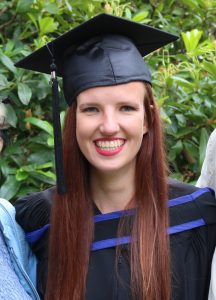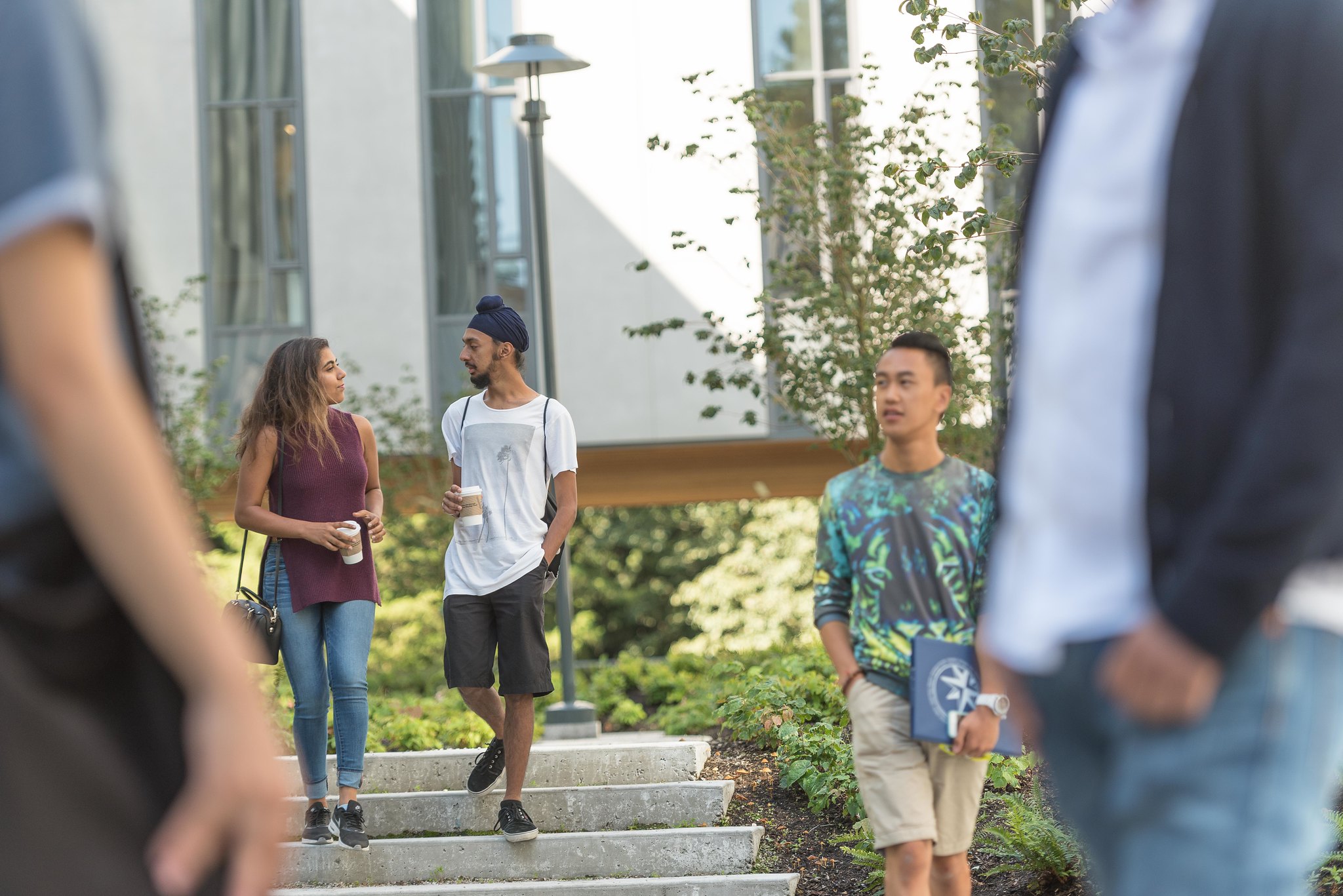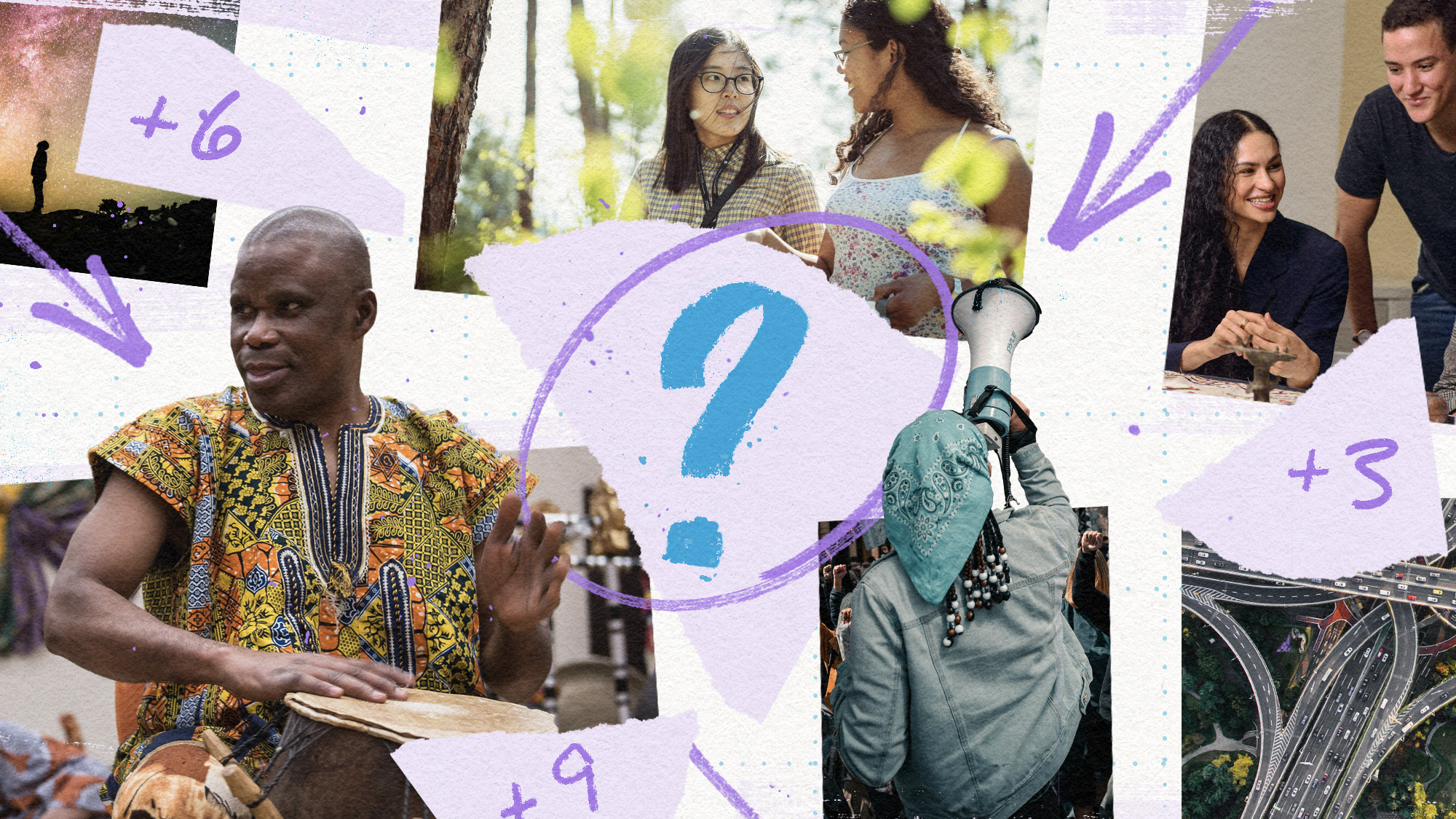

By Zining Wang
During her four years at UBC, Maria has worked hard to be involved on every level. She served as the VP External in UBC History Student Association and a member at large on the Arts Undergraduate Society Committee. In 2014, she participated in the Witnessing Auschwitz Research Aboard Program and presented her paper “Roles of Food in the Development and Implementation of Nazi German Policies” in an academic conference. These experiences have transformed Maria from a shy student to a confident leader, who bravely takes initiative to produce the changes she wishes to see on this campus.
Why did you decided to study History?
I have been interested in history for a long time, but it was never my best subject in school and I didn’t consider pursuing it beyond personal curiosity until I took a history class as an elective in my second year, fell in love with the field, and never looked back.
Tell us about your involvement experience with History Department and beyond.
I came in to UBC a shy student, more inclined to follow than to lead, so involvement didn’t come naturally or quickly for me. However, thanks to the support and guidance of many professors, peers, and other mentors within the history department this has changed. Within the department I served in my final year as VP External for the History Student Association and sat as the undergraduate representative on the department’s Equity Committee. As VP External I acted as liaison between the club and other groups, which largely entailed working with others in the AUS. This allowed me to grow my role from the department to the faculty more broadly, participating in and supporting Arts events. In my position on the department Equity Committee, I had the responsibility and opportunity to represent the undergraduate cohort on a team that drafted recommendations to the department in order to update their policy regarding sexual assault and harassment. As for my involvement beyond UBC, following my return from a research abroad trip to Poland to study the Holocaust in the summer after my second year, I took an initiative to share the knowledge we gained there with the broader Vancouver community. After crafting a program specifically oriented for secondary level students, I visited high school history classrooms both to teach about the Holocaust, and give students insight into how research is conducted within the field of history.
“I came in to UBC a shy student, more inclined to follow than to lead, so involvement didn’t come naturally or quickly for me. However, thanks to the support and guidance of many professors, peers, and other mentors within the history department this has changed.”
How did you find a balance between involvement and academics?
I believe that involvement and academics are not mutually exclusive. I believe that activities outside the parameters of class made me a better, more interesting student, and I often found myself bringing material from my classes elsewhere. In this way it was relatively easy for me to dedicate time to both. That said, in the second semester of my third year when I knew I was going to be especially busy with extracurriculars, and decided that they were going to be my priority, I cut back my course load, and at other times I prioritized academics, and cut down on other roles. I tried to be honest with myself about what I wanted to achieve, and what I could realistically achieve, and did my best to not make promises to others that exceeded that.
You recently received the 2016 Community Contribution to UBC and Beyond Award. What do you think makes a great Arts student leader?
One of my favourite things about the Arts faculty and the community of leaders within it, is the diversity represented. There is no one thing that makes a great student leader, no single trait shared by the scores of excellent leaders that this faculty boasts. I think the variance in the leaders of the Arts community is part of what makes the faculty so dynamic.
“There is no one thing that makes a great student leader, no single trait shared by the scores of excellent leaders that this faculty boasts. I think the variance in the leaders of the Arts community is part of what makes the faculty so dynamic.”
What is your next step after graduation?
I am taking this year off to work, relax, travel, learn German, and apply for grad schools to hopefully begin pursuing a Masters in history in the fall of 2017.


